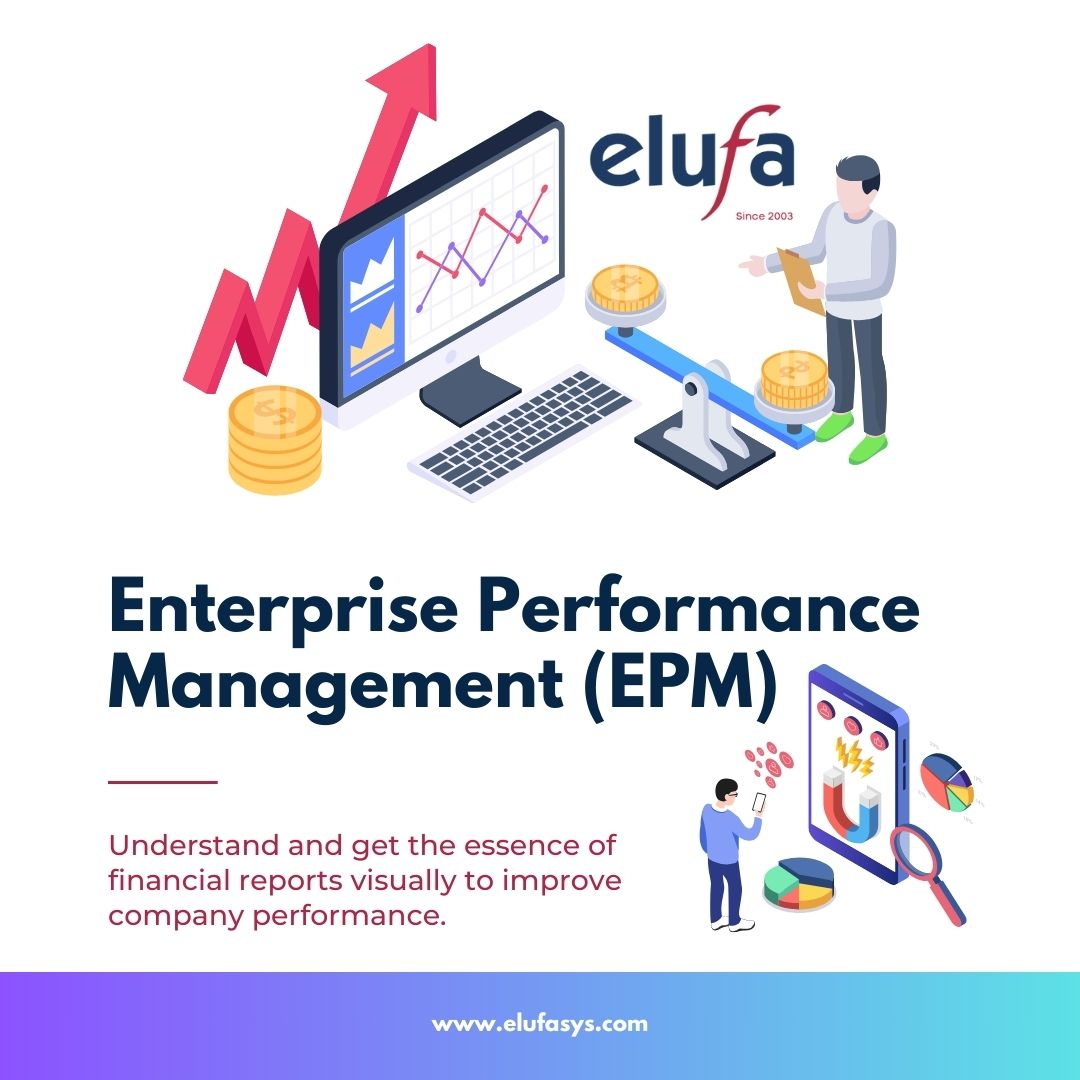企业绩效管理的改变游戏规则的力量:通过 EPM 解锁成功
通过战略绩效优化取得成功
介绍
企业绩效管理 (EPM)是一种帮助组织有效管理和提高绩效的战略方法。它涉及各种流程、方法和技术的集成,以使组织的目标与其运营保持一致并推动更好的决策。 EPM 在使企业能够监控、分析和优化其绩效方面发挥着至关重要的作用,最终在当今动态的商业环境中提高效率、盈利能力和竞争力。
商业智能在数据驱动决策中的作用
商业智能 (BI) 已成为寻求数据驱动决策的组织的重要工具。在当今快节奏的商业环境中,获取准确、及时的信息对于在竞争中保持领先地位至关重要。 BI 提供了一种收集、分析和解释数据的方法,使企业能够获得有价值的见解并做出明智的决策。
商业智能在数据驱动决策中的关键作用之一是能够收集和整合来自各种来源的数据。在当今的数字时代,组织从不同的系统和平台生成大量数据。 BI 工具允许企业将销售、营销、财务和运营等多个来源的数据集成到一个统一的视图中。这种数据整合提供了组织绩效的全面概况,并有助于识别在查看单个数据集时可能不明显的趋势和模式。
数据整合后,BI 工具使企业能够有效地分析和解释信息。这些工具提供强大的分析功能,使组织能够执行复杂的计算、生成报告并以有意义的方式可视化数据。通过利用这些分析功能,企业可以发现可以推动决策的宝贵见解。例如,分析销售数据可以帮助识别最有利可图的产品或客户群体,使企业能够将资源集中在产生最高回报的领域。
商业智能在数据驱动决策中的另一个作用是提供实时或近实时信息的能力。传统的报告方法通常涉及手动数据提取和操作,这可能非常耗时且容易出错。 BI 工具使这些流程自动化,使企业能够在需要时访问最新信息。实时数据使组织能够快速响应不断变化的市场状况、识别新兴趋势并及时做出决策。例如,零售商可以使用实时销售数据来调整定价或库存水平以满足客户需求。
此外,商业智能在组织内部培育数据驱动文化方面发挥着至关重要的作用。通过提供对数据和分析功能的访问,BI 工具使各级员工能够做出数据驱动的决策。这种从直觉到基于证据的决策的转变可以带来更好的结果并提高业务绩效。此外,BI 工具通常配有用户友好的界面和直观的仪表板,使非技术用户更容易与数据交互并获得见解。
总之,商业智能对于寻求数据驱动决策的组织来说是一个强大的工具。通过整合各种来源的数据、分析和解释信息、提供实时见解以及培育数据驱动的文化,BI 使企业能够获得竞争优势。在当今数据驱动的世界中,有效利用商业智能的组织能够更好地应对复杂的业务环境,并做出明智的决策来推动成功。
企业绩效管理 (EPM) 如何推动业务增长和成功

任何企业的成功都取决于其有效管理绩效的能力。这是哪里 企业绩效管理 (EPM)开始发挥作用。 EPM 是一种战略方法,使组织能够调整其目标、流程和资源,以推动业务增长和成功。它提供了一个衡量和管理组织各个级别(从单个员工到整个企业)绩效的框架。
的主要好处之一 EPM 它可以帮助组织设定明确且可衡量的目标。通过定义具体目标和关键绩效指标 (KPI),企业可以跟踪其进度并做出明智的决策来推动增长。 EPM 还使组织能够将其目标与总体战略保持一致,确保采取的每项行动都符合公司的愿景和使命。
另一个重要方面 EPM 是它提供实时性能可见性的能力。借助先进的分析和报告工具,企业可以实时监控其绩效并确定需要改进的领域。这使得组织能够做出数据驱动的决策并及时采取纠正措施。通过清楚地了解其绩效,企业可以识别趋势、发现机会并降低风险。
EPM 在推动组织内部的问责制方面也发挥着至关重要的作用。通过设定明确的目标并跟踪这些目标的绩效,企业可以让个人和团队对其行为负责。这培育了一种主人翁意识和责任感的文化,激励员工发挥最佳表现。 EPM 还使组织能够认可和奖励高绩效者,进一步提高员工敬业度和生产力。
此外, EPM 帮助组织优化资源并提高运营效率。通过分析绩效数据,企业可以识别效率低下的领域并实施简化流程的策略。这不仅降低了成本,还提高了整体生产率。 EPM 还使组织能够有效地分配资源,确保以最有效和最有影响力的方式利用资源。
除了推动业务增长外, EPM 还可以帮助组织遵守监管要求。通过监控和报告绩效,企业可以确保其符合法律和行业标准。这不仅有助于避免处罚和法律问题,还可以提高组织的声誉和可信度。
全面的, EPM 是推动业务增长和成功的关键工具。它为组织提供了设定明确目标、监控绩效、推动问责、优化资源和遵守法规所需的框架和工具。通过实施 EPM,企业可以做出明智的决策、发现机会并降低风险。它还培育了一种持续改进和创新的文化,使组织不断努力取得更好的成果。在当今竞争激烈的商业环境中, EPM 对于想要保持领先地位的组织来说,它不再是一种奢侈品,而是必需品。因此,如果您希望您的企业蓬勃发展并取得成功,那么是时候拥抱 企业绩效管理.
结论
综上所述, 企业绩效管理 (EPM)对于组织来说至关重要,因为它使他们能够有效地规划、监控和分析其绩效。 EPM 提供了一个综合框架,使战略目标与运营活动保持一致,使企业能够做出明智的决策并推动增长。通过整合财务和非财务数据, EPM 帮助组织优化资源分配、确定需要改进的领域并提高整体绩效。随着商业环境的日益复杂, EPM 无论如何强调都不为过,因为它使组织能够在当今充满活力的市场中适应、竞争并蓬勃发展。
